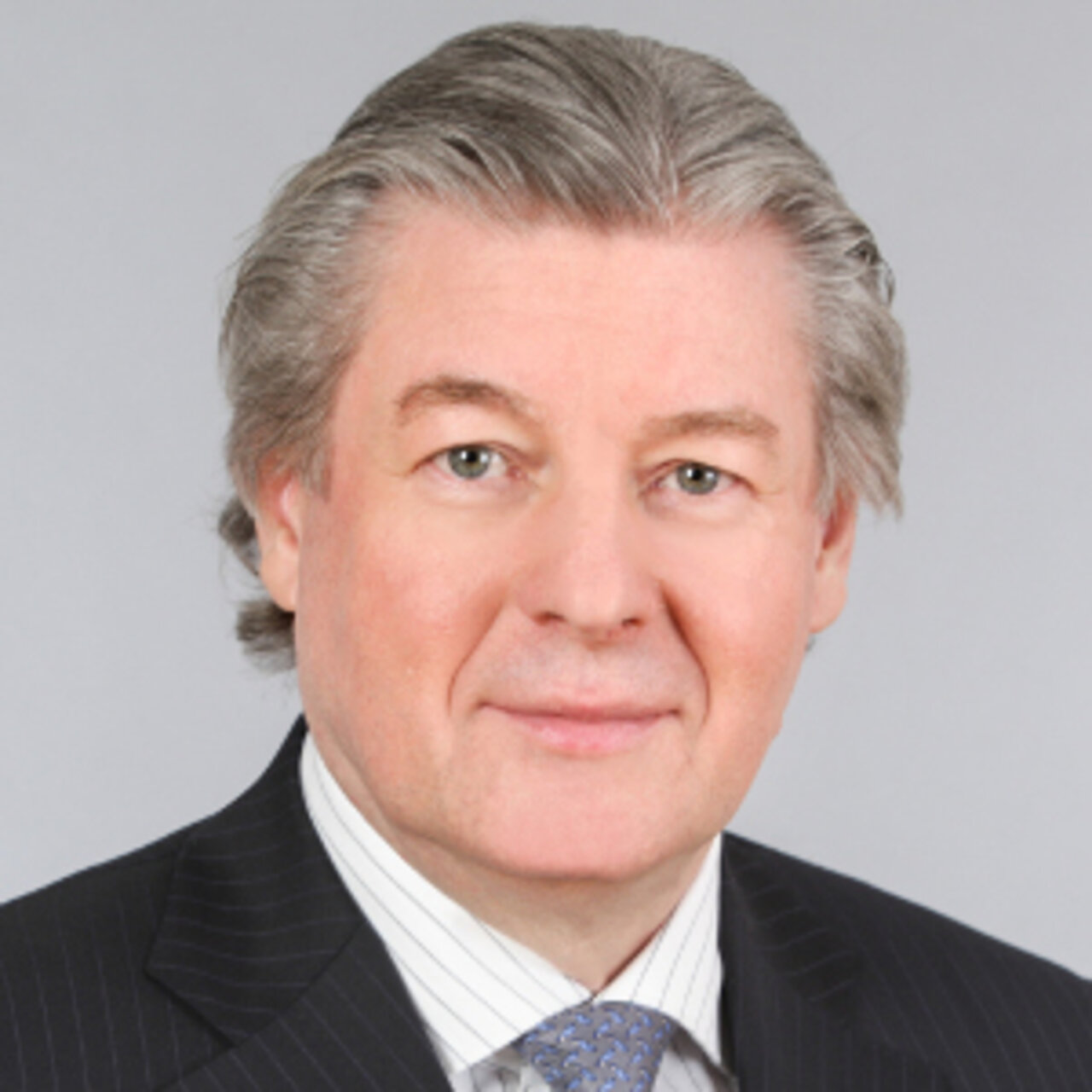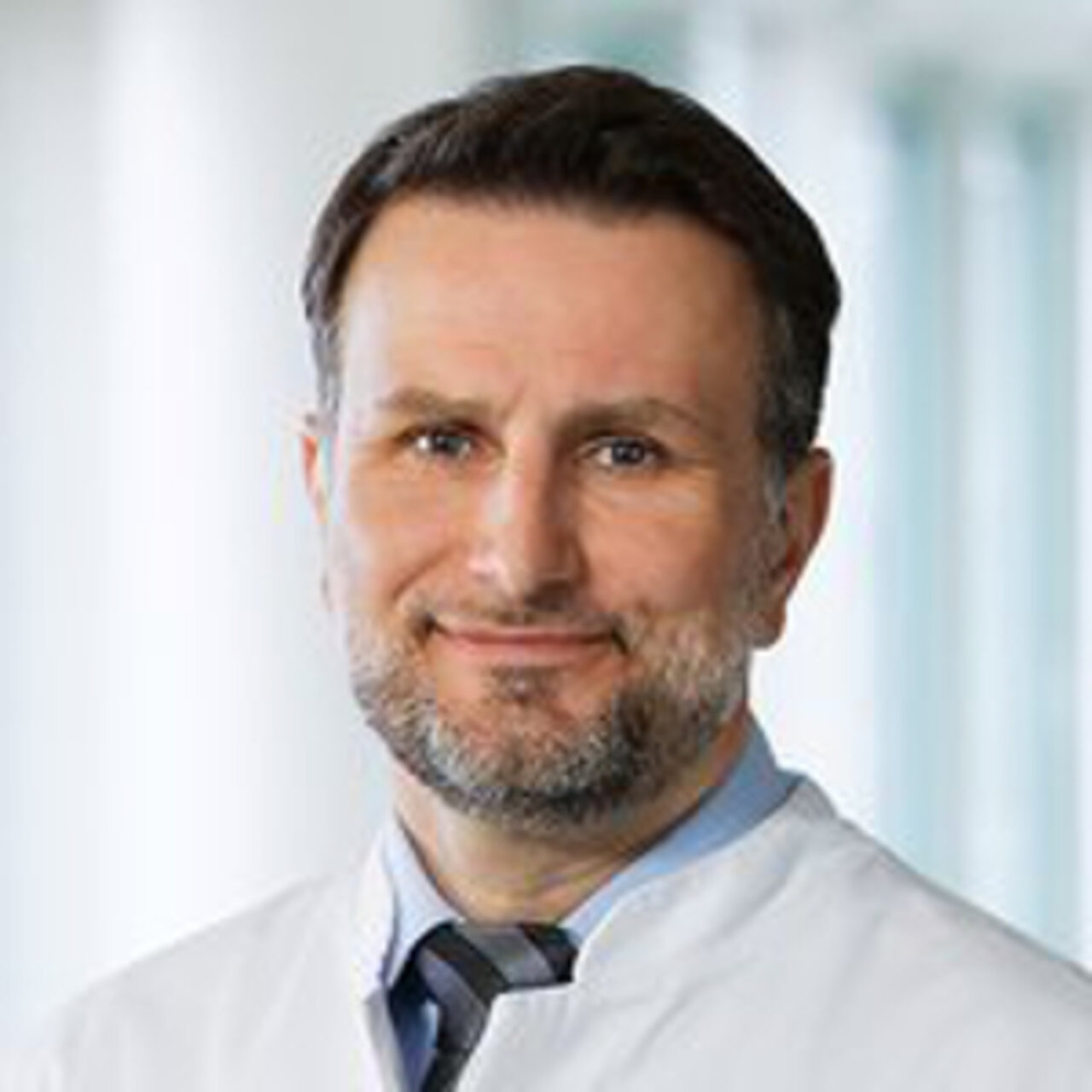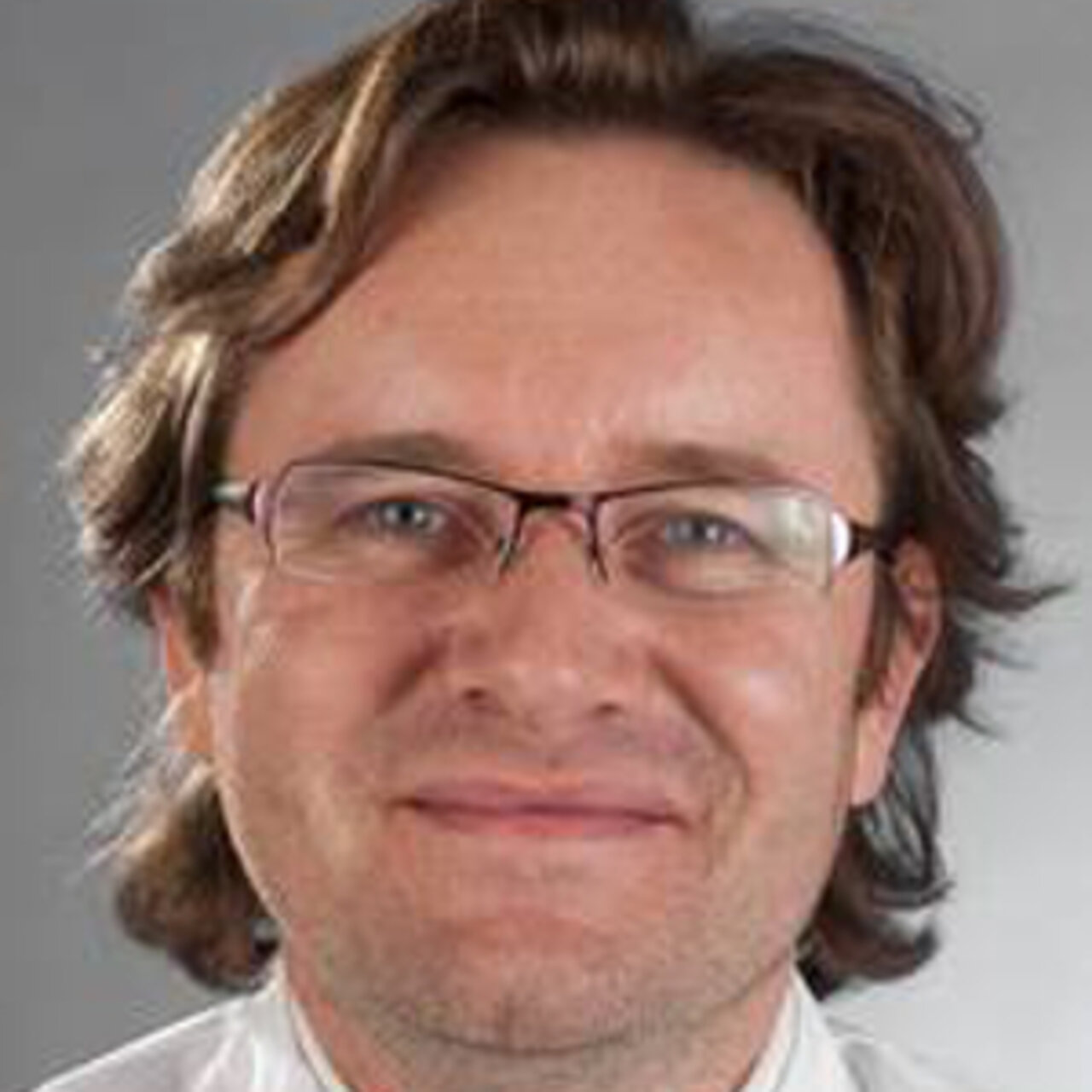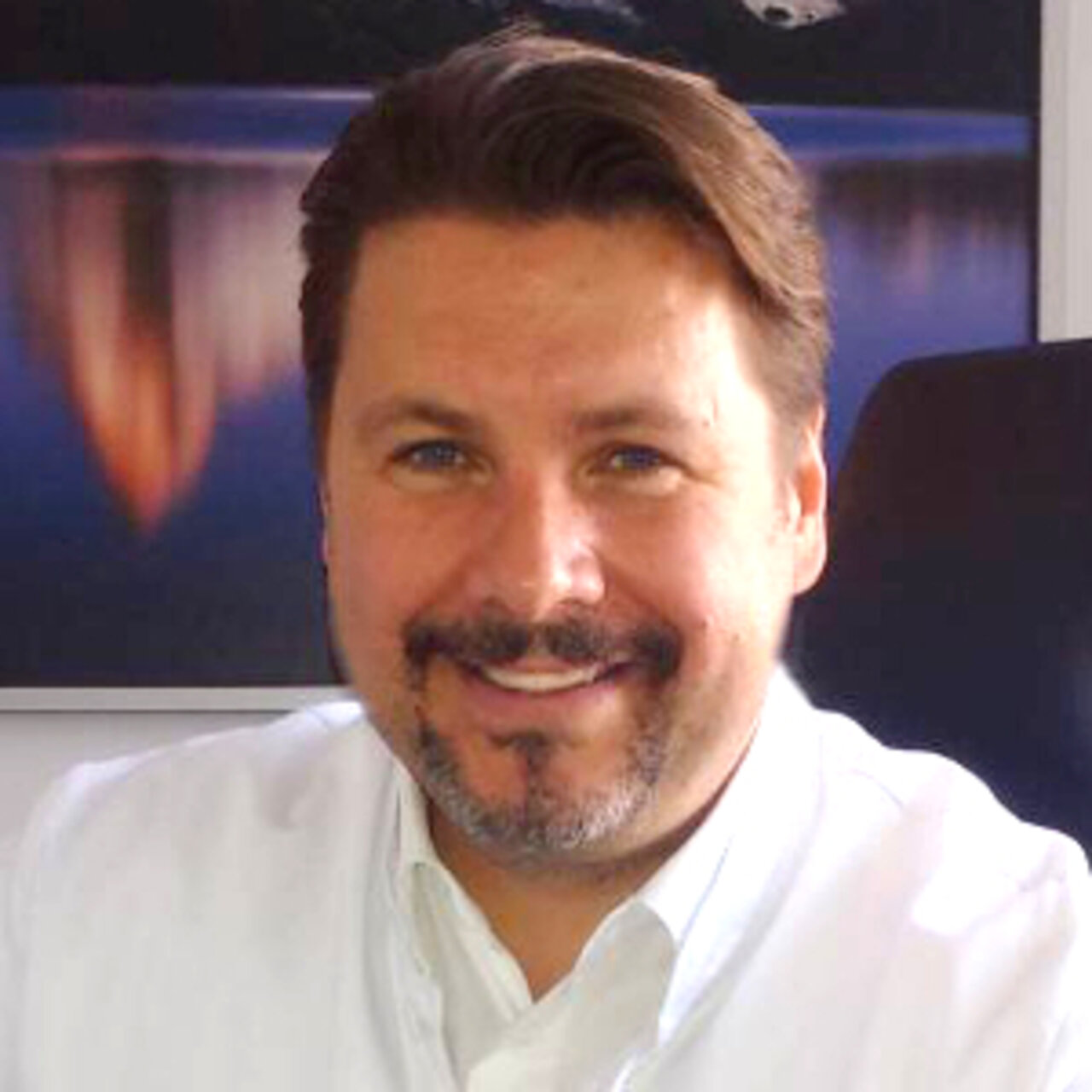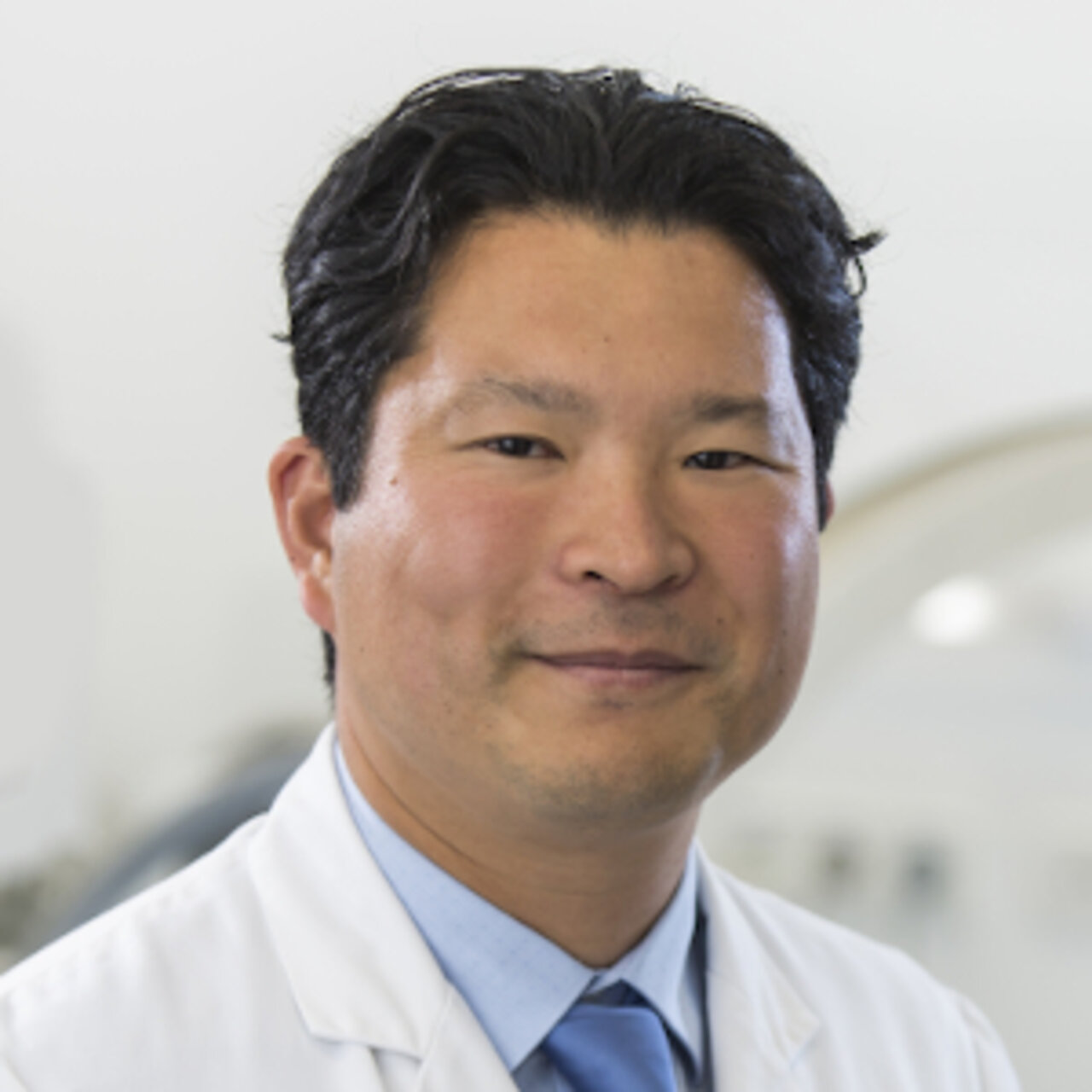Specialists in Neurosurgery
7 Specialists found
Information About the Field of Neurosurgery
Which physicians specialize in neurosurgery?
Specialists in neurosurgery undergo specialist training following their medical studies. This takes at least six years and includes special training in a neurosurgical ward, intensive care unit, general surgery, neurology or neuroradiology.
Only after successfully completing the specialist examination are they allowed to work as specialists in neurosurgery. They subsequently increase their knowledge and skills through further training and work with experienced senior and chief physicians.
What does neurosurgery do?
Neurosurgery is one of the most challenging areas of surgery and would not have become so effective without the developments of recent decades.
A major step in neurosurgery has been the identification of the various functional areas in the brain and the development of various diagnostic devices such as CT (Computer Tomography) and MRI (Magnetic Resonance Imaging). These enable detailed definition and identification of different structures and processes in the brain that are necessary for any surgical undertakings.
Neurosurgery essentially requires a great deal of manual skill from the surgeon. Extreme precision and a steady hand are necessary: the surrounding brain tissue and the vulnerable vessels must be treated with great care, due to the danger of permanent nerve damage and cerebral hemorrhage. Special instruments have been developed especially for this purpose - tiny tweezers, needles, hooks, etc. - in order to perform highly precise neurosurgical operations and to leave the healthy nerves of the brain as undisturbed as possible.
In the field of neurosurgery, interdisciplinary cooperation with other disciplines such as neurology, neuroradiology, psychiatry or oncology is particularly important. These play an important role in diagnostics (neurologists, psychiatrists, neuroradiologists), during surgery (neuroradiologists) and after surgery (oncologists, neurologists).
Common diseases in neurosurgery
Today's standard operations in neurosurgery include operations directly on or in the brain as well as treatments of peripheral (=external) nerves, such as the spinal cord.
Tumor diseases are a common reason for brain surgery. These include brain tumors such as meningioma, various astrocytomas and glioblastomas, as well as metastases of tumors of other organs.
Other reasons lie in the area of the brain vessels. Angiomas (mostly prenatal malformations of the vessels) and also aneurysms (sacculation of the vessel wall) may necessitate surgery due to the risk of cerebral hemorrhage or other symptoms such as nerve damage, headaches or epileptic seizures.
Where can I find recognized neurosurgeons in Switzerland, Austria and Germany?
You clearly want the best medical provision if you need a neurosurgeon, which is why it is natural for a patient to want to know: how do I find the best clinic for neurosurgery? As there is no objective answer to this question and a serious doctor would never claim to be the best, you can only rely on the expertise of a doctor. The more operations a doctor performs, the more expert they become in their specialist area.
A list of all neurosurgeons in Switzerland can be found at the Swiss Society of Neurosurgery.
A short excursion into the history of neurosurgery
The field of neurosurgery, i.e. surgery on nerves (nerve = neuron), is one of the newer specialist areas. Although the first "operations" on the brain were performed several thousand years ago, these were usually of a ritual nature and the "patients" often died as a result of the skull being opened. At that time, they were attempting to let evil spirits that contaminated people's minds escape through holes in the skull, so-called trepanation holes. But they also attempted to treat persistent headaches in this way. Some patients even survived these interventions, as can be seen from the healing processes on skull bones from various archaeological finds
